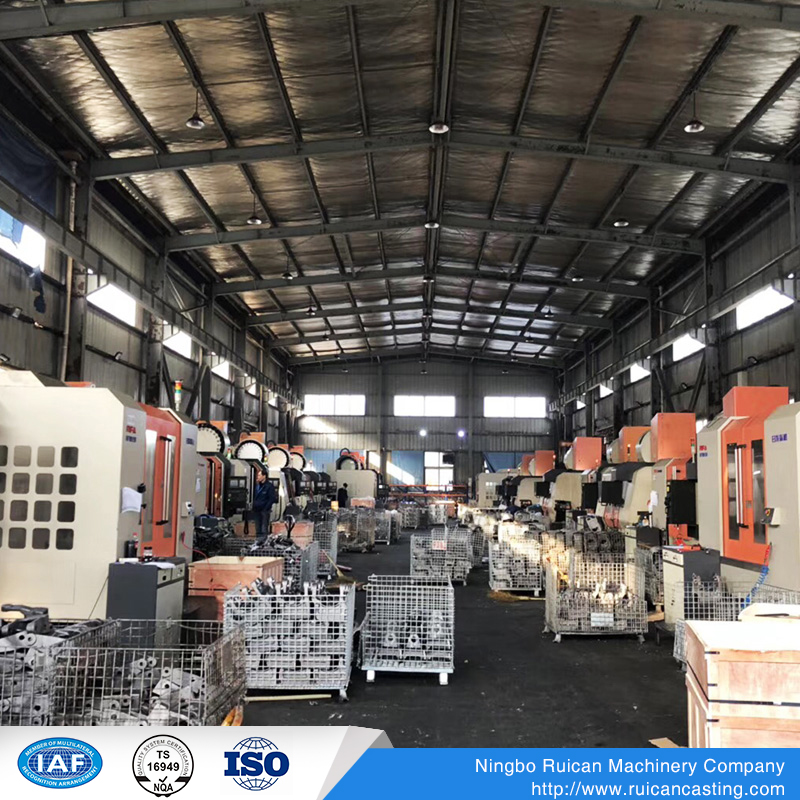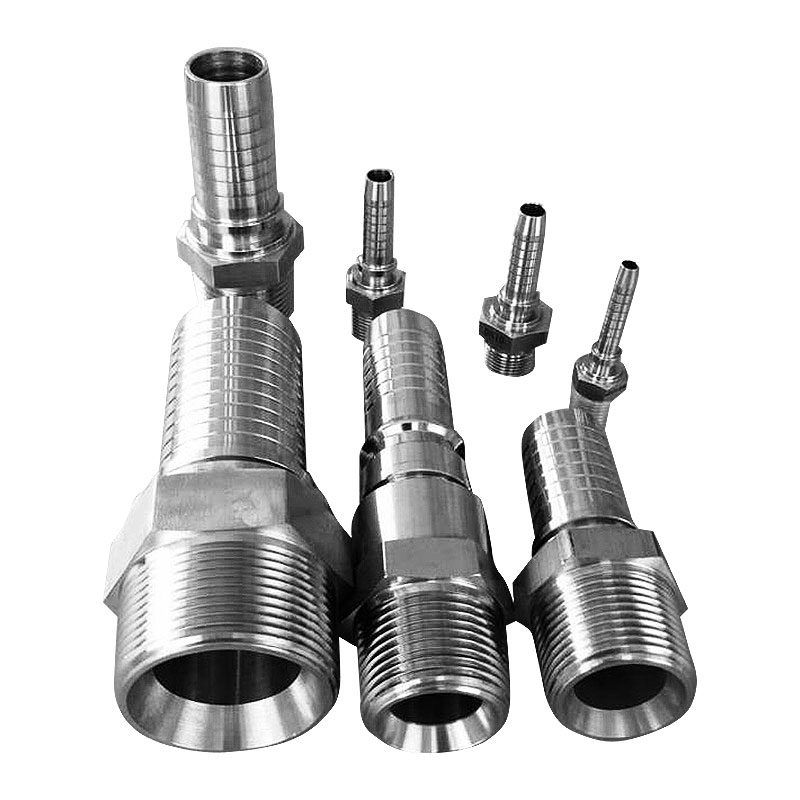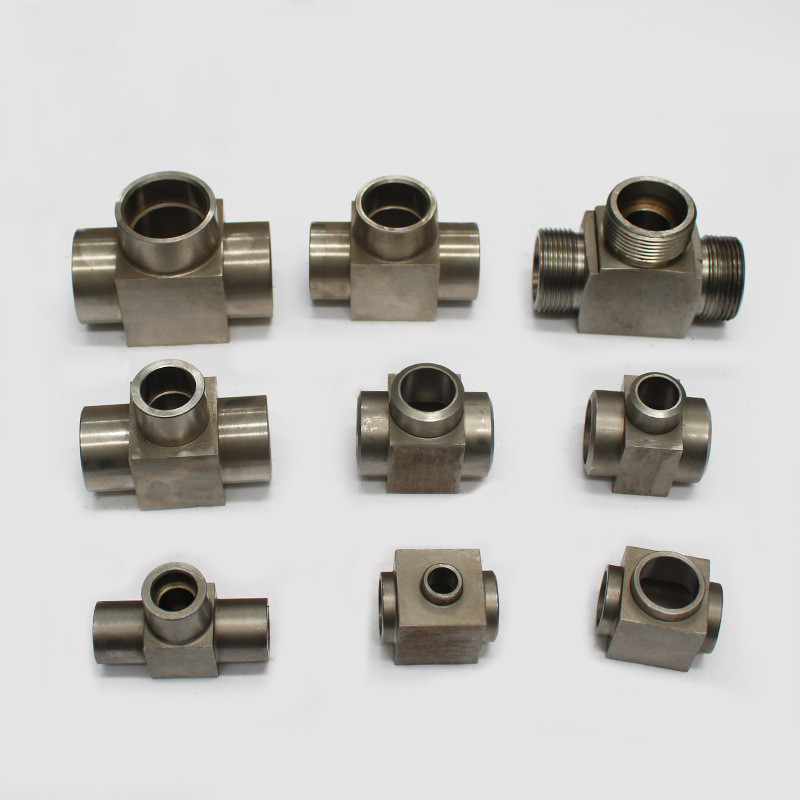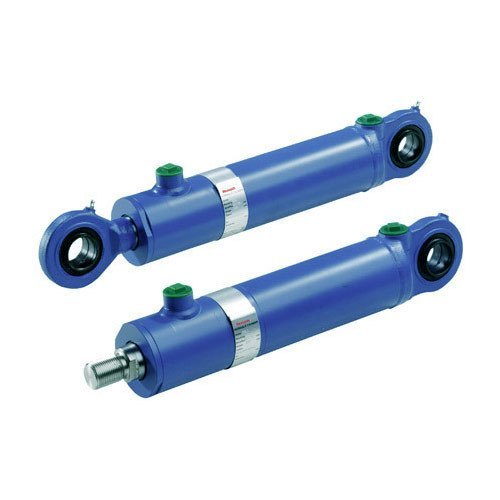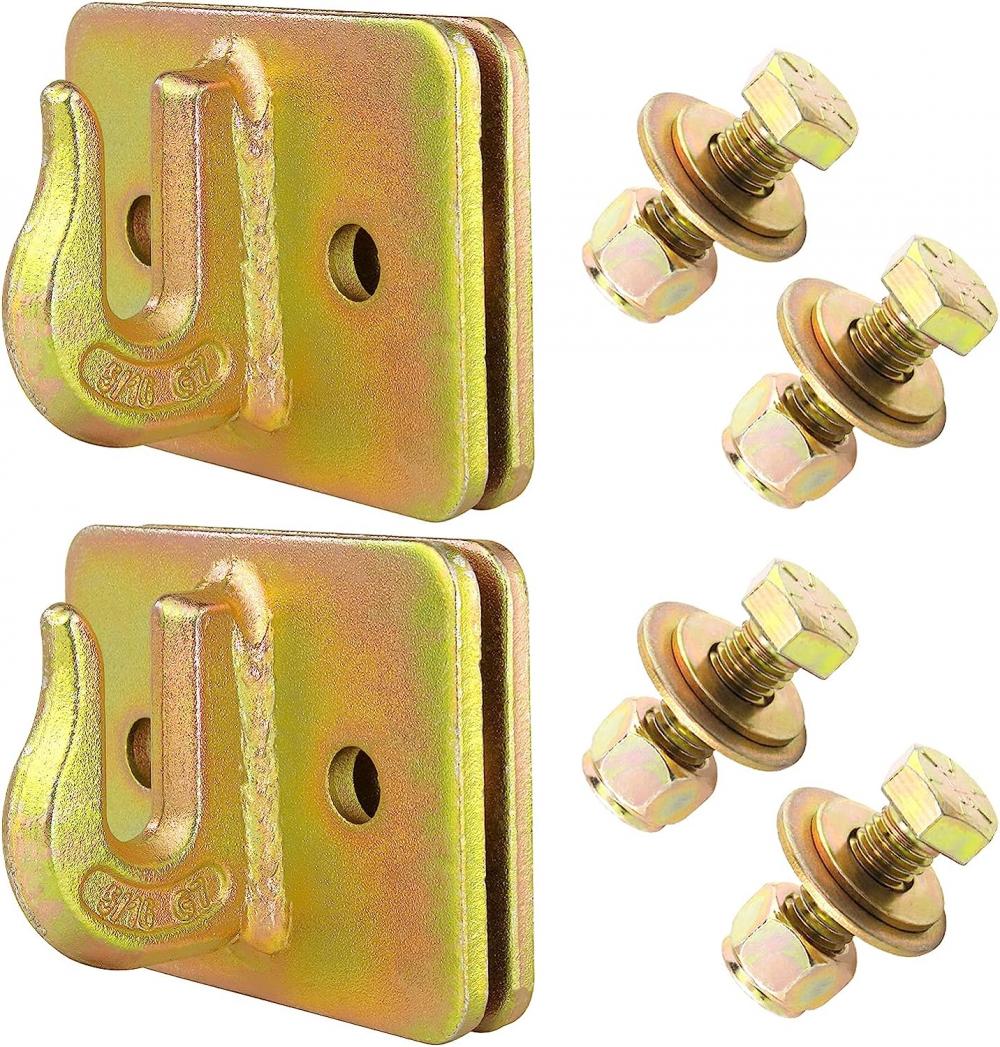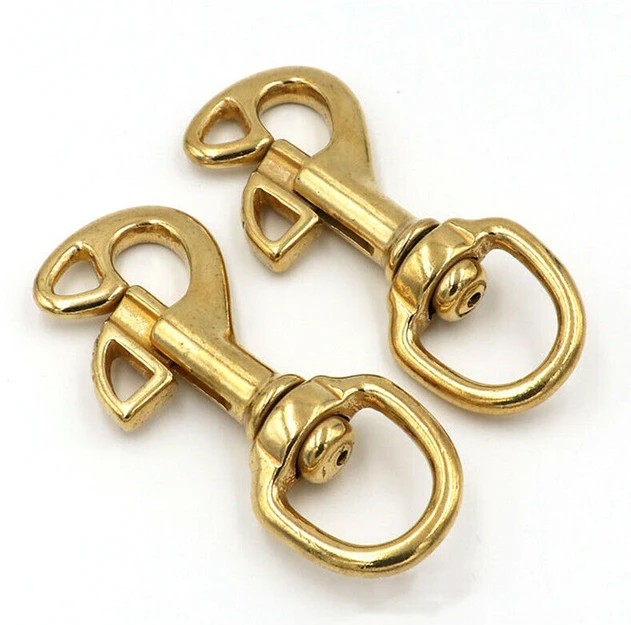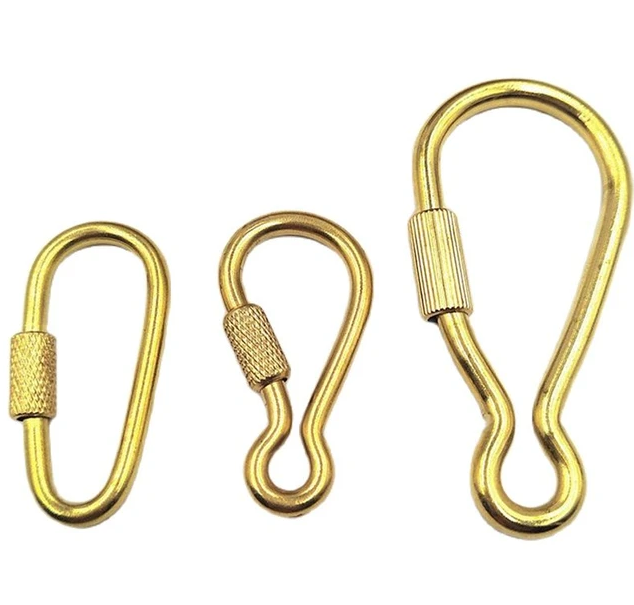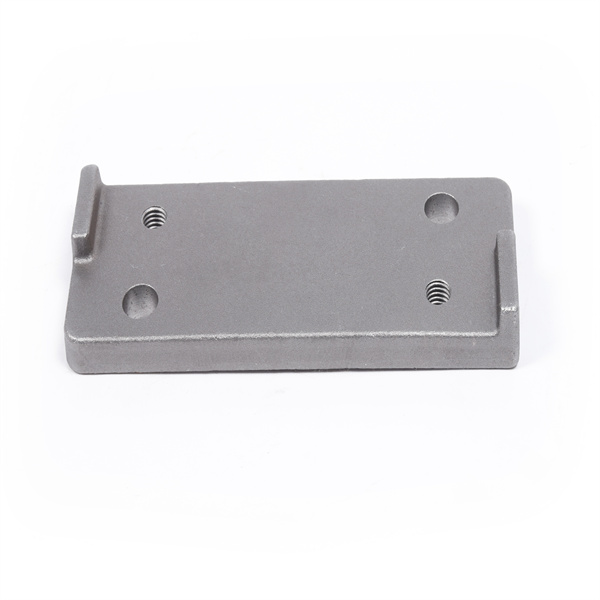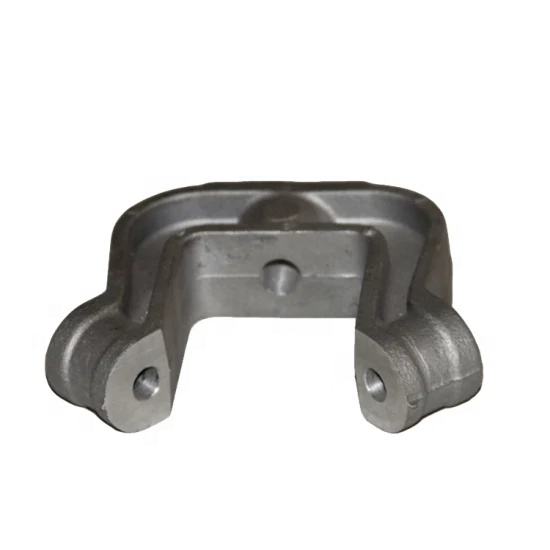In conclusion, a trailer hook is a vital component for towing trailers safely and efficiently. With various types available, it is important to choose the appropriate trailer hook based on your towing needs. By following the installation process correctly, you can ensure a secure connection between your vehicle and trailer, allowing for safe and hassle-free towing experiences.
When it comes to the durability of a trailer hook, it is crucial to consider the materials used in its construction. Trailer hooks are typically made from high-quality and robust materials such as steel or aluminum. These materials are chosen for their strength, durability, and ability to withstand heavy loads and rugged conditions.
Steel trailer hooks are known for their exceptional durability and resistance to wear and tear. They are capable of withstanding heavy loads and harsh towing conditions, making them suitable for various towing applications. Steel trailer hooks are often coated with corrosion-resistant finishes such as powder coating or galvanization to enhance their longevity.
Aluminum trailer hooks, on the other hand, are lightweight yet still durable. They offer excellent corrosion resistance, making them a popular choice for towing in coastal or humid environments. While aluminum may not have the same level of strength as steel, it is still capable of handling substantial loads and providing reliable towing performance.
The durability of a trailer hook also depends on its design and construction. Well-engineered trailer hooks undergo rigorous testing to ensure their strength and durability. They are designed to distribute the towing forces evenly and efficiently, minimizing stress concentration points that can lead to premature wear or failure.
Regular maintenance and proper use are also essential for maintaining the durability of a trailer hook. It is vital to inspect the trailer hook regularly for any signs of wear, damage, or corrosion. Any worn-out or damaged components should be replaced promptly to prevent further deterioration. Lubricating moving parts and keeping the trailer hook clean can also help prolong its lifespan.
Ultimately, the durability of a trailer hook is a combination of its materials, design, and how well it is maintained. Choosing a high-quality trailer hook from a reputable manufacturer and following proper installation and maintenance procedures will ensure its long-lasting performance and reliability.
In conclusion, a trailer hook is designed to be durable and capable of withstanding heavy loads and rugged towing conditions. Whether made from steel or aluminum, these hooks are built to provide reliable and secure connections between vehicles and trailers. With proper care and maintenance, a trailer hook can serve you well for years to come.
3. Main uses and application fields A trailer hook, also known as a tow hitch or trailer hitch, is an essential component that allows vehicles to tow or pull trailers. It provides a secure connection between the vehicle and the trailer, enabling safe and efficient towing operations. In this guide, we will discuss the main uses and application fields of a trailer hook.
Towing Trailers: The primary use of a trailer hook is to tow trailers of various types and sizes. Whether it's a utility trailer, boat trailer, camper trailer, or horse trailer, a trailer hook provides the necessary connection between the vehicle and the trailer. It allows the vehicle to tow the trailer safely and efficiently, enabling transportation of goods, equipment, or recreational vehicles.
Commercial Applications: Trailer hooks are widely used in commercial sectors, such as logistics, construction, and agriculture. In the logistics industry, trailer hooks are essential for transporting goods and materials between different locations. In construction, they are used to tow equipment and machinery to job sites. In agriculture, trailer hooks are utilized for towing trailers loaded with agricultural implements or livestock.
Recreational Purposes: Trailer hooks are also popular among recreational vehicle enthusiasts. They are commonly used for towing campers, RVs, or trailers carrying motorcycles, boats, or jet skis. Trailer hooks enable individuals to travel and explore various destinations while bringing their recreational vehicles along.
Industrial Applications: Trailer hooks find extensive use in industrial settings. They are utilized for towing heavy loads, such as shipping containers, industrial equipment, or construction materials. In industries such as mining, oil and gas, or forestry, trailer hooks are crucial for transporting heavy machinery or materials to remote or challenging terrains.
Agricultural Applications: In the agricultural sector, trailer hooks are employed for various tasks. They are used for towing trailers carrying crops, livestock, or agricultural machinery. Trailer hooks enable farmers to transport their produce, livestock, or agricultural equipment between different fields or farms.
Public Services: Trailer hooks are essential for public services such as waste management, road maintenance, or emergency response. They are used to tow trailers carrying garbage bins, utility trailers with equipment or supplies, or trailers carrying emergency response vehicles.
In conclusion, trailer hooks play a vital role in various industries and applications. From towing trailers for commercial purposes to recreational usage, they enable safe and efficient transportation of goods, equipment, and recreational vehicles. Whether it's in logistics, construction, agriculture, or public services, trailer hooks are an indispensable component that facilitates towing operations and enhances productivity in a wide range of fields.
4. Cause of the fault When it comes to discussing the causes of faults with a trailer hook, it is important to consider various factors that can contribute to its malfunction or failure. Understanding these causes can help in identifying and addressing issues, improving the overall performance and safety of the trailer hook system.
Wear and Tear: One of the primary causes of faults is wear and tear over time. Continuous use of the trailer hook, exposure to harsh weather conditions, and heavy loads can lead to the deterioration of its components. The constant stress on the hook, latch, and other parts can result in weakened structural integrity and eventual failure.
Improper Maintenance: Neglecting regular maintenance can also contribute to faults in the trailer hook. Failure to lubricate moving parts, inspect for damage or wear, and clean the hook can lead to issues such as corrosion, rust, and reduced functionality. Regular maintenance, including proper cleaning and lubrication, is essential for prolonging the lifespan and performance of the trailer hook.
Overloading: Exceeding the recommended weight capacity of the trailer hook is a common cause of faults. Overloading places excessive strain on the hook, latch, and connecting points, increasing the risk of failure. It is important to always adhere to the weight capacity limits specified by the manufacturer to ensure safe towing operations.
Incorrect Installation: Faults can also occur due to incorrect installation of the trailer hook. Improper alignment, loose connections, or inadequate tightening of bolts and fasteners can compromise the stability and effectiveness of the hook. It is crucial to carefully follow the installation instructions provided by the manufacturer to ensure proper and secure attachment.
Corrosion: Exposure to moisture, road salt, and other corrosive elements can lead to rust and corrosion on the trailer hook. Corrosion weakens the structural integrity of the hook and can cause it to fail over time. Regular inspection and prompt treatment of any signs of corrosion, such as using rust inhibitors or applying protective coatings, can help prevent faults due to corrosion.
Impact or Accidents: Accidents or impacts, such as collisions or sudden jolts, can cause damage to the trailer hook. Cracked or bent components, misalignment, or fractures can result from such incidents, leading to faults or complete failure. It is important to thoroughly inspect the trailer hook after any accidents or impacts and replace any damaged parts before further use.
In conclusion, various factors can contribute to faults with a trailer hook, including wear and tear, improper maintenance, overloading, incorrect installation, corrosion, and impacts. Regular maintenance, proper use, and adherence to weight capacity limits are crucial in preventing faults and ensuring the safe and reliable operation of the trailer hook system.
5. Troubleshoot the fault When encountering a fault with a trailer hook, it is crucial to troubleshoot the issue to determine the cause and find a solution. In this guide, we will discuss the steps to troubleshoot common faults with a trailer hook.
Visual Inspection: Start by visually inspecting the trailer hook for any signs of damage, wear, or misalignment. Look for cracks, bent components, rust, or loose connections. Pay attention to the latch mechanism and ensure it is functioning correctly.
Check Weight Capacity: Verify that the weight being towed does not exceed the trailer hook's weight capacity. Overloading can put excessive strain on the hook, leading to failure. If the weight exceeds the capacity, consider using a trailer hook with a higher weight rating.
Lubricate Moving Parts: Ensure that all moving parts of the trailer hook, such as the latch and hinge, are properly lubricated. Lack of lubrication can cause friction and hinder the smooth operation of the hook. Apply a suitable lubricant to ensure easy movement.
Tighten Bolts and Fasteners: Check all bolts, nuts, and fasteners that secure the trailer hook to the vehicle. Over time, these may become loose due to vibrations during towing. Use the appropriate tools to tighten them securely, ensuring a stable connection.
Inspect Wiring and Connections: If the trailer hook includes electrical connections for lights or brakes, inspect the wiring for any damage or loose connections. Faulty wiring can cause issues with lighting or brake functionality. Repair or replace any damaged wiring and ensure all connections are secure.
Address Corrosion: If corrosion is present on the trailer hook, clean the affected areas using a suitable rust remover or abrasive material. Once cleaned, apply a rust inhibitor or protective coating to prevent further corrosion. Regularly inspect the hook for signs of corrosion and address them promptly.
Test the Hook: After addressing any visible issues, perform a test by connecting the trailer and towing a light load. Pay attention to the smoothness of the connection and ensure the latch securely locks in place. Monitor the towing process and check for any abnormal noises or movements.
Seek Professional Help: If the fault persists or if you are unsure about the cause of the issue, it is recommended to seek professional assistance. They have the expertise to diagnose and repair any complex faults with the trailer hook.
In conclusion, troubleshooting faults with a trailer hook involves a systematic approach of inspection, maintenance, and testing. Regular maintenance, proper use, and prompt attention to any issues are essential to ensure the safety and reliable operation of the trailer hook system.
6. How to install and use Installation:
Choose the Right Trailer Hook: Before installation, ensure that you have the correct trailer hook for your vehicle and trailer. Consider the weight capacity and compatibility with your towing setup.
Positioning: Park your vehicle on level ground and engage the parking brake. Position the trailer hook assembly under the rear of the vehicle, aligning it with the mounting points provided by the manufacturer.
Secure Mounting: Attach the trailer hook using the provided bolts, nuts, and washers. Make sure to tighten them securely, following the torque specifications provided in the installation instructions. Use a torque wrench to ensure proper tightness.
Wiring Connections: If your trailer hook includes electrical connections for lights or brakes, carefully connect the wiring harness to the corresponding connectors on your vehicle. Follow the wiring diagram provided by the manufacturer to ensure correct connections.
Test the Connection: Once the trailer hook is securely installed, connect the trailer to the hook. Ensure that the latch mechanism engages properly and securely locks the trailer in place. Test the connection by gently rocking the trailer to check for any movement or instability.
Usage:
Load Distribution: Ensure that the weight of the load on the trailer is properly distributed. Place heavier items towards the front and over the trailer's axle to maintain stability during towing. Avoid overloading the trailer beyond its weight capacity.
Safety Chains: Attach safety chains from the trailer to the vehicle. Cross the chains under the trailer's tongue and connect them to the designated points on the vehicle's trailer hitch. Ensure that the chains are properly tensioned to prevent excessive slack.
Lights and Brakes: Check that the trailer's lights and brakes are functioning correctly before each towing operation. Test the brake lights, turn signals, and taillights to ensure visibility on the road. Repair or replace any faulty bulbs or wiring.
Towing Practices: While towing, maintain a safe and legal speed appropriate for the conditions. Avoid sudden braking or acceleration, as it can cause instability. Use the side-view mirrors to monitor the trailer's position and make any necessary adjustments during turns or lane changes.
Regular Maintenance: Periodically inspect the trailer hook for any signs of wear, damage, or corrosion. Lubricate moving parts, such as the latch and hinge, as recommended by the manufacturer. Perform regular maintenance on the trailer, including checking tire pressure and greasing wheel bearings.
In conclusion, installing and using a trailer hook correctly involves choosing the right hook, secure mounting, proper wiring connections, and following safe towing practices. Regular maintenance and inspection are essential to ensure the longevity and safety of the trailer hook system. Always refer to the manufacturer's instructions and seek professional assistance if you are unsure about any aspect of the installation or usage.
Ningbo City Yinzhou Ruican Machinery Co, Ltd is located in Ningbo city, one of the famous and the second biggest container port in China with convenient transportations for air, ocean and express, which established 2003. Ningbo City Yinzhou Ruican Machinery Co, Ltd is direct manufacturer, covers the Sand
casting Foundry.
Investment Casting Foundry and Machining Workshop, and offer the Ductile Iron &Grey Iron
Sand Casting parts, investment casting parts, Aluminium castings and precision machining parts. The produced parts are widely used in
Auto Parts: Agricultural, Marine: Architectural Machinery, Medical; Food Machinery,
Valves and so on. The material which we used is ductile iron: Aluminium: Bronze; Brass: Copper: carbon steel: stainless steel end so on.
At the same time, we can offer the
CNC MACHINING Phosphating: Blackening Processing Hot Dip Galvanizing: Powder Coating: Painting: Plating, Assembly for customers. 85% products are sold to overseas, the customers are from America, Canada, EuropeUnion, ect.; 15% products are sold in National Market.
Ningbo City Yinzhou Ruican Machinery Co, Ltd is direct manufacturer, covers the Sand casting Foundry. Investment Casting Foundry and Machining Workshop, and offer the Ductile Iron &Grey Iron Sand Casting parts, investment casting parts, Aluminium castings and precision machining parts. The produced parts are widely used in Auto Parts: Agricultural, Marine: Architectural Machinery, Medical; Food Machinery, Valves and so on. The material which we used is ductile iron: Aluminium: Bronze; Brass: Copper: carbon steel: stainless steel end so on.


